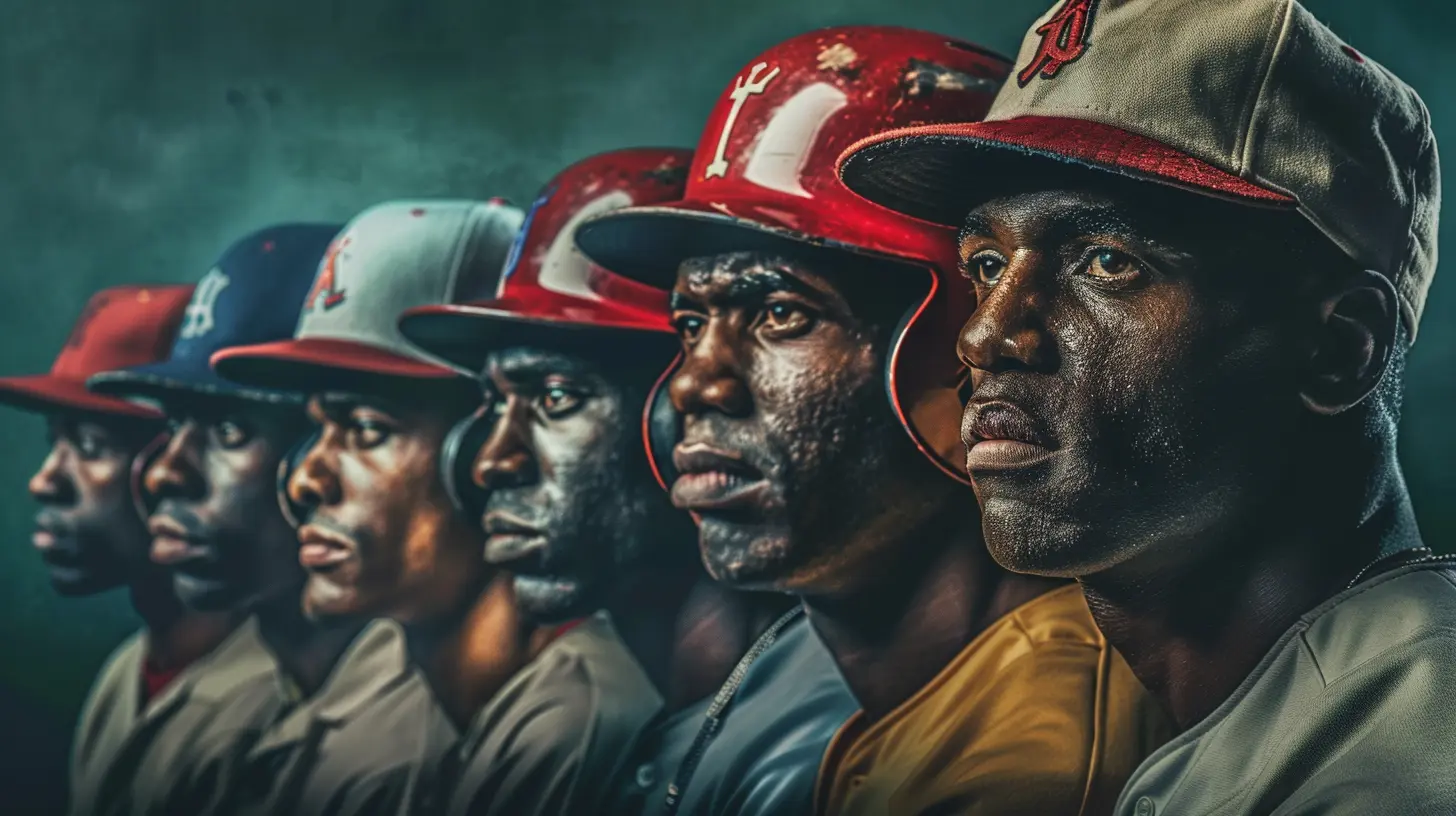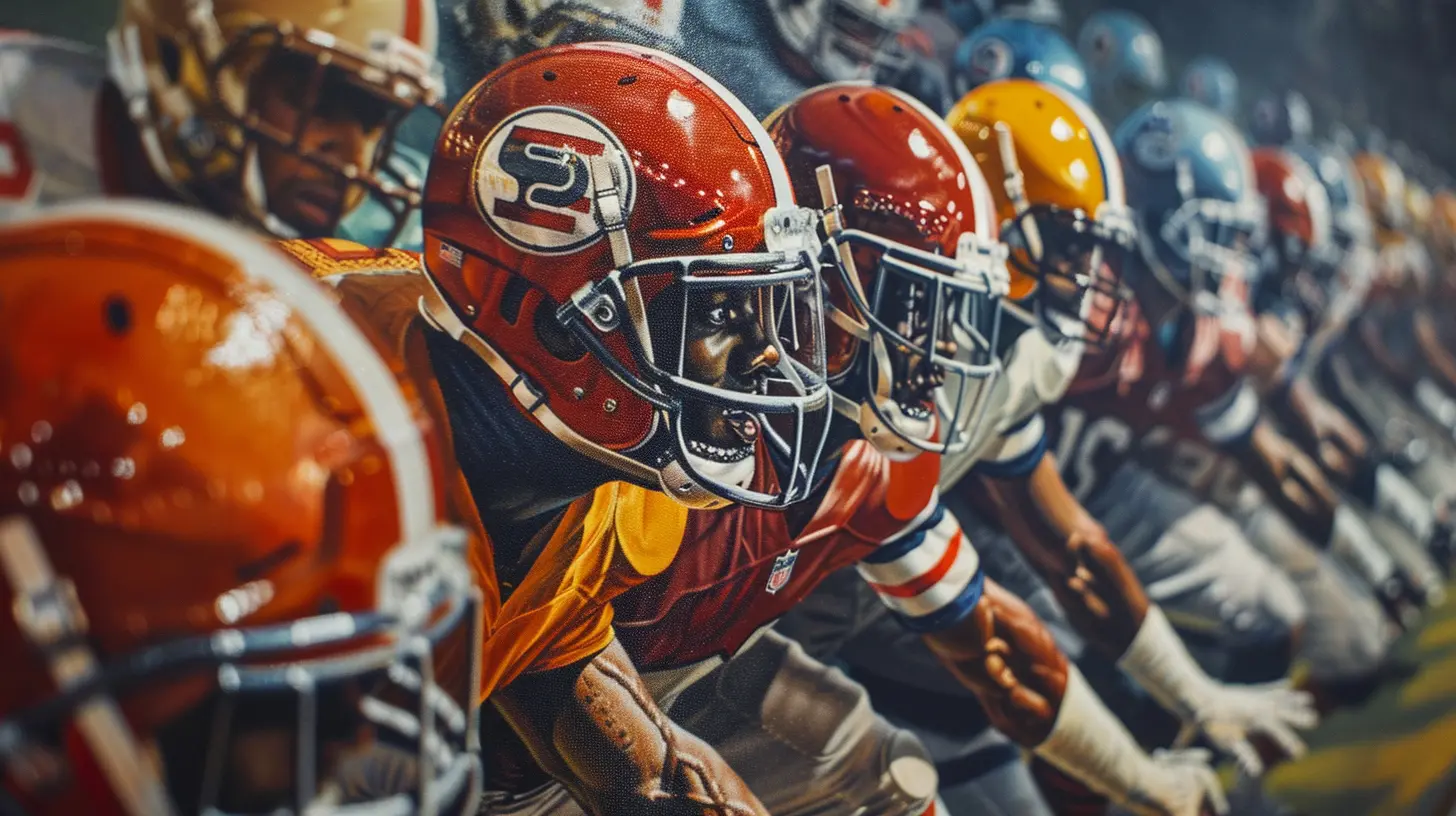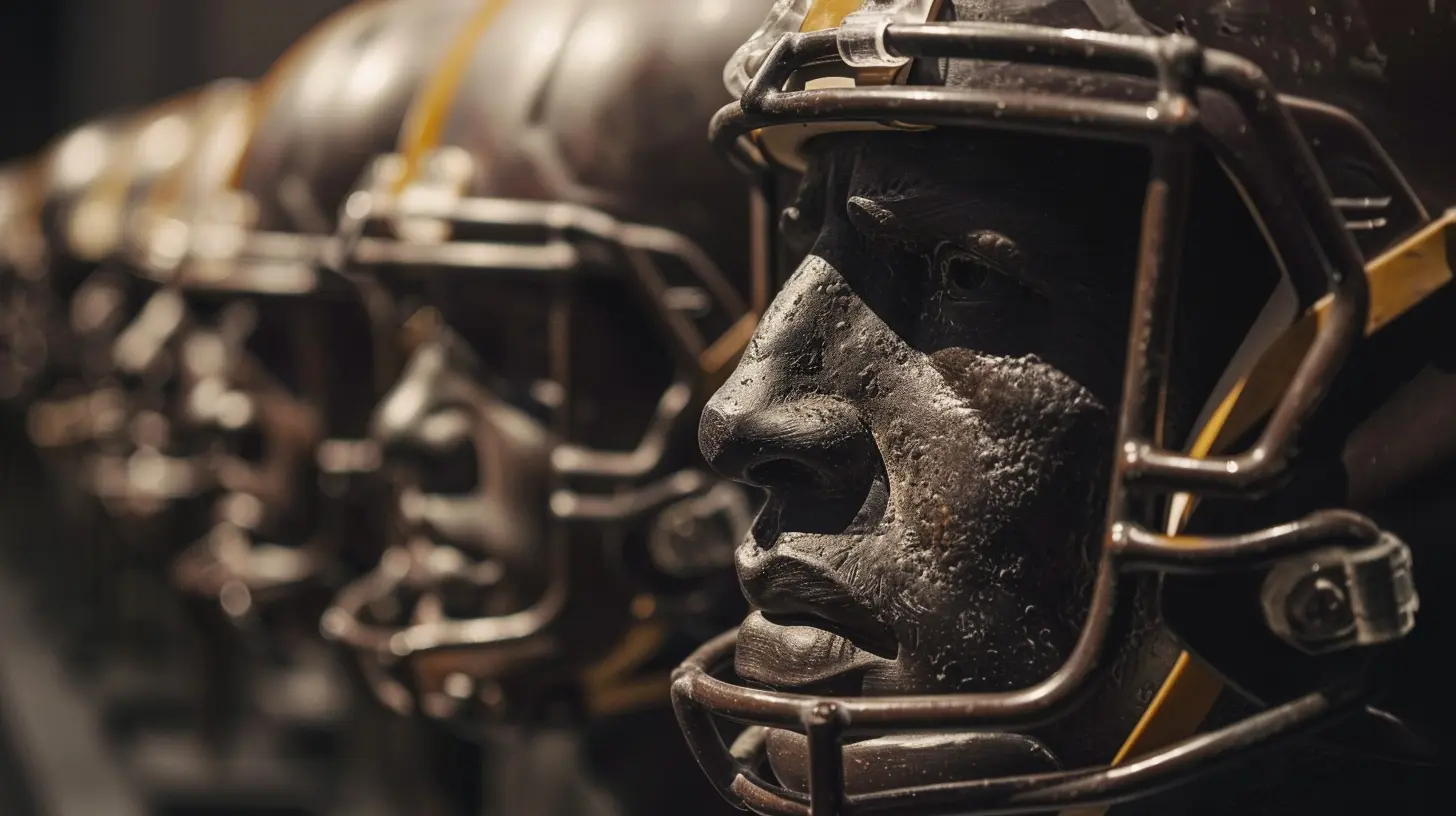From the Field to Immortality: Athletes Enshrined in the Hall of Fame
25 May 2025
What does it take to transcend the playing field and enter the realm of immortality? For athletes, the answer lies in one prestigious honor: being inducted into the Hall of Fame. Whether it's baseball, basketball, football, or any other sport, the Hall of Fame is more than just a trophy case or a wall of fame—it's the ultimate recognition of an athlete's contribution to their sport. It's reserved for the legends, the icons, the game-changers who have not only left a mark but have rewritten the history books.
But how do these athletes make it to the Hall of Fame, and what does it really mean to be enshrined? Let’s dive deep into the journey from the field to immortality.

What is the Hall of Fame?
Before we get into the nitty-gritty of who gets inducted and why, let's take a quick step back. What actually is the Hall of Fame?In simple terms, a Hall of Fame is an institution that honors individuals who have excelled in their field, typically sports. There are Halls of Fame for various sports, such as the Baseball Hall of Fame, the Pro Football Hall of Fame, and the Naismith Memorial Basketball Hall of Fame, just to name a few.
The concept is pretty straightforward: if you're inducted, you've been recognized as one of the greatest. Period. It's like winning an Oscar, but instead of acting, it's all about athletic excellence.
However, getting into the Hall of Fame is no easy feat. It takes years of dedication, performance, and an ability to stand head and shoulders above your peers. The athletes who make it into these halls are often considered legends in their respective sports.
So, why do we care so much about these halls? Why does getting inducted carry so much weight?

The Path to Immortality: What It Takes to Reach the Hall of Fame
Athletes don’t wake up one day and decide they’re going to be in the Hall of Fame. It’s something that happens after years of dedication, hard work, and a sprinkle of magic—the kind that makes the world sit up and take note.1. Consistency and Longevity
First and foremost, it’s not enough to have a few good seasons. Hall of Fame athletes need to demonstrate consistency and longevity. They need to perform at the highest level, over and over again, sometimes for decades. A player who has one breakout season might be remembered for a short time, but not forever. On the other hand, a player who delivers year after year becomes a legend.Take Tom Brady, for example. The man spent over two decades dominating the NFL. It wasn’t just one Super Bowl win that defined his career—it was seven. His ability to maintain peak performance for such a long time is why he’s considered one of the greatest of all time.
2. Game-Changing Moments
While consistency is crucial, sometimes it’s those jaw-dropping, heart-stopping moments that cement an athlete's legacy. Hall of Fame athletes are often defined by iconic performances or unforgettable plays. Think of Michael Jordan's "Flu Game" during the 1997 NBA Finals, where he dropped 38 points while being visibly ill. Or David Ortiz's clutch home runs that helped the Red Sox break their 86-year championship drought.These are moments that become part of sports lore, the kind of stuff you tell your kids about. They’re not just great plays—they’re game-changers that alter the course of history for their teams and sports.
3. Leadership and Influence
It’s not always just about stats. Hall of Famers are also often recognized for their leadership and influence both on and off the field. They inspire teammates, elevate the players around them, and sometimes even influence how the game is played.Take Wayne Gretzky, “The Great One,” who not only dominated the NHL with his scoring prowess but also changed the way hockey was played. His intelligence on the ice and ability to see plays develop before anyone else made him a game-changing figure.
4. Cultural Impact
Some athletes go beyond the sport. They become cultural icons, influencing generations and transcending the boundaries of sports altogether. Muhammad Ali is an excellent example. Not only was he a champion in the ring, but his stance on civil rights and his larger-than-life persona made him a global figure. Ali wasn’t just a boxer—he was a symbol of strength, resilience, and activism.Cultural impact can also come from breaking barriers. Think about Jackie Robinson, who became the first African American to play Major League Baseball in the modern era. His courage and talent paved the way for future generations, and his legacy is celebrated not just for his athletic achievements but for the societal changes he helped to inspire.

Famous Hall of Famers Who Defined Their Sports
So, who are some of these athletes who have made the journey from the field to immortality? Let’s look at a few legends who have been enshrined in the Hall of Fame for their respective sports.Babe Ruth (Baseball)
When you think of baseball, it’s hard not to think of Babe Ruth. The “Sultan of Swat” is arguably the most famous baseball player of all time. Ruth’s ability to hit home runs was unmatched during his era, and he helped popularize the sport in the early 20th century. His larger-than-life personality and legendary status earned him a place in the Baseball Hall of Fame as one of its inaugural members in 1936.Michael Jordan (Basketball)
Simply put, Michael Jordan is basketball royalty. His six NBA championships with the Chicago Bulls, paired with his five MVP awards, make him one of the most decorated athletes in sports history. But it wasn’t just about winning—it was the way Jordan played the game, his competitive spirit, and his ability to deliver in the most intense moments. Jordan was inducted into the Naismith Memorial Basketball Hall of Fame in 2009, solidifying his place as the greatest of all time.Jerry Rice (Football)
When it comes to wide receivers, Jerry Rice is in a league of his own. Rice holds nearly every significant receiving record in the NFL, from total touchdowns to career yards. His work ethic and precision on the field made him a nightmare for defenders. Rice’s dominance, longevity, and ability to perform in big games earned him a spot in the Pro Football Hall of Fame in 2010.Serena Williams (Tennis)
Though not yet officially inducted, it’s only a matter of time before Serena Williams is enshrined in the Tennis Hall of Fame. Serena has dominated women’s tennis for over two decades, winning 23 Grand Slam titles and revolutionizing the sport with her power, athleticism, and mental toughness. Beyond her on-court success, Serena has been a beacon for equality, breaking barriers and inspiring young athletes around the world.
Hall of Fame: More Than Just an Honor
So, we’ve talked about how athletes get inducted, but what does the Hall of Fame really represent?1. A Legacy Set in Stone
Being inducted into the Hall of Fame is like having your name written in the stars. It’s a permanent recognition of your achievements. Long after the athlete retires, their legacy lives on through the Hall of Fame. It’s an acknowledgment that they didn’t just play the game—they changed it.2. Inspiration for Future Generations
The Hall of Fame serves as a beacon of inspiration for future athletes. When young players walk through the halls or see the names of the legends, they’re reminded of what’s possible. It lights a fire of ambition. Athletes who are inducted are essentially handing the torch to the next generation.3. A Celebration of Excellence
Finally, the Hall of Fame is a celebration of excellence. It’s a reminder that, in sports, the cream always rises to the top. These athletes have shown us what it means to be the best, to push boundaries, and to redefine what’s possible in their sport.Conclusion: The Road to Immortality
Being enshrined in the Hall of Fame is the pinnacle of an athlete’s career. It’s the moment where they transition from being a great player to becoming a legend, a figure whose name will be spoken for generations. It’s not just about the stats or the accolades—it’s about the moments, the leadership, the cultural impact, and the legacy they leave behind.From the field to immortality, these athletes have earned their place in history. They’ve shown us what greatness truly looks like, and for that, they’ll be remembered forever.
all images in this post were generated using AI tools
Category:
Hall Of FameAuthor:

Uziel Franco
Discussion
rate this article
3 comments
Nathan Carey
Celebrating excellence, legacy, and inspiring achievements!
June 6, 2025 at 4:06 AM

Uziel Franco
Thank you! Celebrating these remarkable athletes is truly inspiring. Their legacy lives on!
Octavia Gilbert
Who knew that scoring touchdowns and slam dunks could lead to a permanent vacation in bronze? Here’s to our favorite athletes—may their legends live on, even if their post-game snacks don’t!
May 31, 2025 at 2:59 AM

Uziel Franco
Absolutely! It's a celebration of their incredible achievements and lasting impact—both on and off the field!
Tristan McQuade
Celebrating greatness beyond sports.
May 30, 2025 at 11:06 AM

Uziel Franco
Thank you! Celebrating the multifaceted impact athletes have beyond their sports is truly inspiring.



![The Engine of the Team: How [Player Name] Drives Success](/pictures/blog/small/the-engine-of-the-team-how-player-name-drives-success_2.webp)